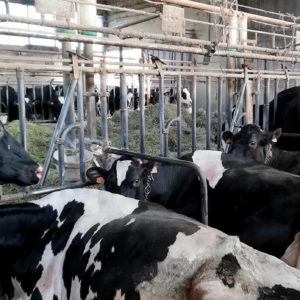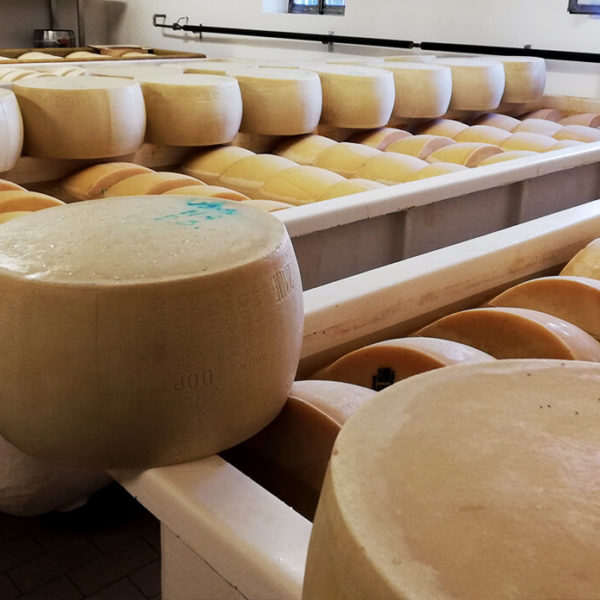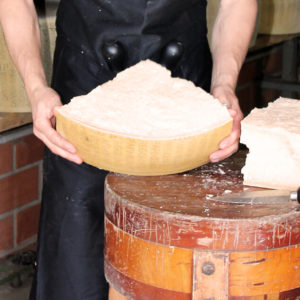Parmigiano Reggiano



Parmigiano Reggiano
What it is and how it comes into being
Parmigiano Reggiano is considered one of the oldest and most prestigious cheeses, which is why it is often nicknamed the “King of Cheeses.”
It is an aged hard cheese typical of northern Italy that boasts the PDO (Protected Designation of Origin) label and is made from raw, partially skimmed cow’s milk, with no added preservatives or additives.
Renowned for its excellent nutritional values, mild but appealing flavor and high digestibility, it is suitable for adults, children and lactose intolerant people.
The origins of Parmigiano Reggiano date back to the period of the Middle Ages, and it appears that its birth occurred approximately 1,000 years ago in the same areas where, to this day, it is still produced.
The discovery and production of this prestigious cheese is historically attributed to the Benedictine and Cistercian monks who, thanks to the richness of the clear streams, the lush green surrounding meadows and the productivity of the livestock, led them to invent a method to preserve it: the so-called cheesemaking.
Already at that time, Parmigiano Reggiano began to “travel” and to be appreciated and known throughout the country until the present day, where this cheese, which boasts almost ten centuries of history, is marketed worldwide and produced with the same skillful traditional gestures.

Parmigiano Reggiano Consortium
About the Consortium
The history of the Parmigiano Reggiano Cheese Consortium dates back to the early 1900s, but it was officially born on July 27, 1934, bringing together all cheese producers in order to protect and authenticate the origin of products destined for export.
Later, in 1951, international recognition of the Cheese Designation of Origin was conferred during the Stresa Conference.
A few years later, the law of April 10, 1954, identified the Denomination to all intents and purposes and gave the task of supervising trade and production to voluntary consortiums; on November 12 of the same year, the Consortium took the name “Consorzio del Formaggio Parmigiano Reggiano.”
The following year, more precisely on October 30, 1955, a decree on the official standard of Parmigiano Reggiano was issued.
Even now, as since its inception, the Parmigiano Reggiano Cheese Consortium is always committed, active and present in improving and protecting the already prestigious and high level of quality of Parmigiano Reggiano, supervising the correct use of trademarks and protecting against counterfeiting and in defense of typicality and tradition.

Parmigiano Reggiano: Nutritional Values
Analysis of Nutritional Values
Nutritional values per 100 g of aged Parmigiano Reggiano:
All values in the diagram are in grams (g)
Protein: 32.4 g
Fat: 29.7 g
Carbohydrates: 0.0 g
Lactose: < 1 mg
Calcium: 1155 mg
Salt: 1.6 g
Energy: 402 Kcal / 1671 KJ
Parmesan cheese is a very rich and nutritious cheese.
It is composed of 70 percent nutrients and only 30 percent water, is highly digestible and suitable for the diets of adults, children and athletes, suitable for lactose intolerant people and is 100 percent natural.
The high concentration of minerals, proteins and vitamins make this cheese valuable.
